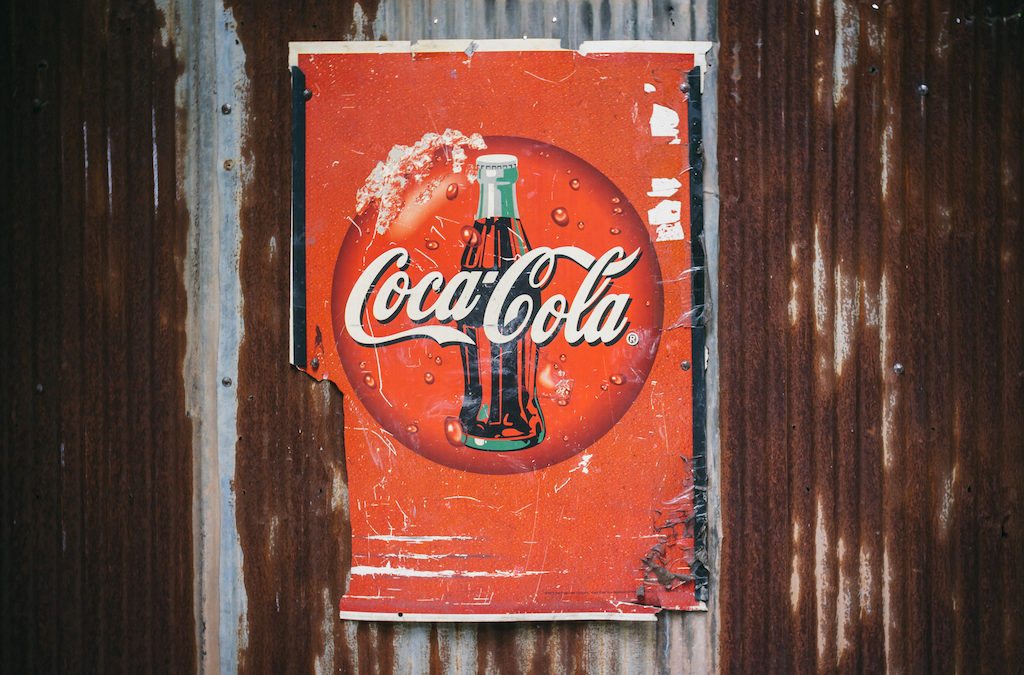This points to two things that I’ve consistently seen as useful predictors of long-term success. They may at first seem to be “character traits”, or to be the result of luck, but in actual fact are the fruits of a deeper level of understanding of how life and the mind actually work and a reversion to a more natural way of being in the world.
1. Reliability
When I first moved to Los Angeles from London, I remember being shocked when a fellow actor showed up an hour late to a rehearsal, walked straight up to the director, and said “Sorry, dude – I flaked.” More shocking still was that the director apparently considered that a legitimate excuse, and no more was said or done about the matter.
Around eighteen years or so later, my son was one year out of university and into the working world. He recalled my sharing that story, and then my following it with the observation “Who knew showing up on time and doing what you say you will would turn out to be such a huge competitive advantage?” He had taken that comment to heart and already seen the same thing to be true in his own life and work.
Reliability, to my mind, is different from both “accountability” and “responsibility”. Someone can take responsibility for their lack of reliability, but if they’re consistently unreliable, that doesn’t really do the trick. I’m far more interested in working with someone who does what they say they will than someone who “owns their flakiness”, admirable though that may be in its own right.
By way of example, in the early years of my radio show I used to regularly interview guests, generally speaking well known authors and teachers in the self-help/business success world. In a season filled with 36 interviews, the only person who didn’t show up was the renowned expert on, you guessed it, “personal accountability”.
How does one develop this magical “ability” to be someone others can rely on?
There are two ways I’ve seen, one of which I don’t recommend.
The first (and worst) is to think too much about other people’s opinion of you, terrorize yourself with thoughts of how awful it would be if you let them down, and apply constant stress and pressure to your little brain, living inside the prayer of the early astronauts, “Dear God, please don’t let me f&%k this up!”
The second, and to my mind far healthier training regimen, is to simply reflect on whether or not it matters to you to be someone that others can rely on. If it doesn’t, you’re off the hook and your overwhelming natural ability and charm will just have to carry the day. If you clearly see that it does matter to you and you sincerely intend to become more reliable, you will.
2. Longevity
I gave a talk at a coaching conference recently and realized to my slight amusement and dismay that I was the “grand old man” of the conference, having been in the coaching business for about 20 years longer than almost everyone else in the room. What it highlighted for me was that the one thing that perhaps matters most but is talked about least when it comes to success is longevity – what it takes to stick with something long enough to not only become truly great at it but also to establish a reputation in the marketplace that does a lot of your marketing for you.
To put it even more simply, there’s no long-term success without longevity.
By way of example, I was out to lunch with a new client a few weeks back and he ordered a Diet Pepsi. I realized that I had never heard anyone order that before. Putting aside the somewhat questionable health benefits of drinking diet sodas, Coke has been around so long and is so ubiquitous in the marketplace that it’s become a bit of a generic label for “whatever brown fizzy caffeinated drink you happen to sell.”
Similarly, in sports we tend to remember most fondly the players who stuck around playing at a high level for the longest. Lou Gehrig, Cal Ripken, and Derek Jeter built their baseball reputations on both reliability and longevity – you could count on them and even build your teams around them. Same with Johnny Unitas, Brett Favre, and Tom Brady in the NFL, or Bill Russel, Magic Johnson, Larry Bird, and Michael Jordan in the NBA.
Yes, they all had talent; but talent alone will not suffice. The desire and willingness to press on and develop our craft in the face of obstacles and constant change are the keys to longevity.
In the words of former US president Calvin Coolidge:
“Nothing in this world can take the place of persistence. Talent will not: nothing is more common than unsuccessful men with talent. Genius will not; unrewarded genius is almost a proverb. Education will not: the world is full of educated derelicts. Persistence and determination alone are omnipotent.”
Where does that kind of persistence and determination come from?
Again, it can come from some of our less noble impulses. I overheard someone responding to a question about the secret to his still being married after 25 years with the line “we’ve stayed together out of spite. Neither one of us is willing to admit we made a mistake.” While his answer may well have been tongue in cheek, it points to a kind of bull headed stubbornness that can occasionally lead to success if maintained over a long enough period of time.
But there’s also a healthier source of the persistence and determination that lead to longevity – love. When you love what you do, you want to keep on doing it for as long as life lets you. And loving what you do isn’t as much of a winning lottery ticket as the fruit of an understanding of what love is and where it comes from.
Love is the feeling of life itself – the simple feeling of being that amplifies in the presence of another and is often easiest to experience when projected onto a person or object outside of ourselves. Our feelings of love never reside in the other person or object, any more than our own image resides in the mirror in which we view it. They are the feeling of our very nature – what it feels like to be alive and awake to that aliveness in the moment.
Here’s how I write about it in Creating the Impossible:
One of my favorite examples of this was beautifully expressed in the bio of a 3P teacher who asked to remain at least mostly anonymous while offering up a masterclass for Supercoach Academy:
My practice is based on the Three Principles and has been for 35+ years. I have worked with individuals, families, hospitals, Native American reservations, businesses, prisons, high schools, colleges, churches, non-profit agencies, government agencies, athletic teams and individual athletes, coaches, treatment centers, police departments, vets, law firms, etc., etc. My work has taken me to many parts of the US as well as South Africa. i have also spent time by phone with folks from around the world. I have also, somewhat reluctantly, spoken at many 3Ps conferences and gatherings over the years. I realize this may all appear to be very impressive, but I am 76 years old so it has taken a while to do all this and it just seems to me to be the moment-to-moment accumulation of time spent doing what I love: passing on the most important information I ever learned in my life. My plan is to keep at it until I tip over or evaporate or something.
Who are your role models and “heros” for this kind of a life well lived?
Where have you experienced the impact of reliability and longevity in your own life?
With all my love,
![]()





